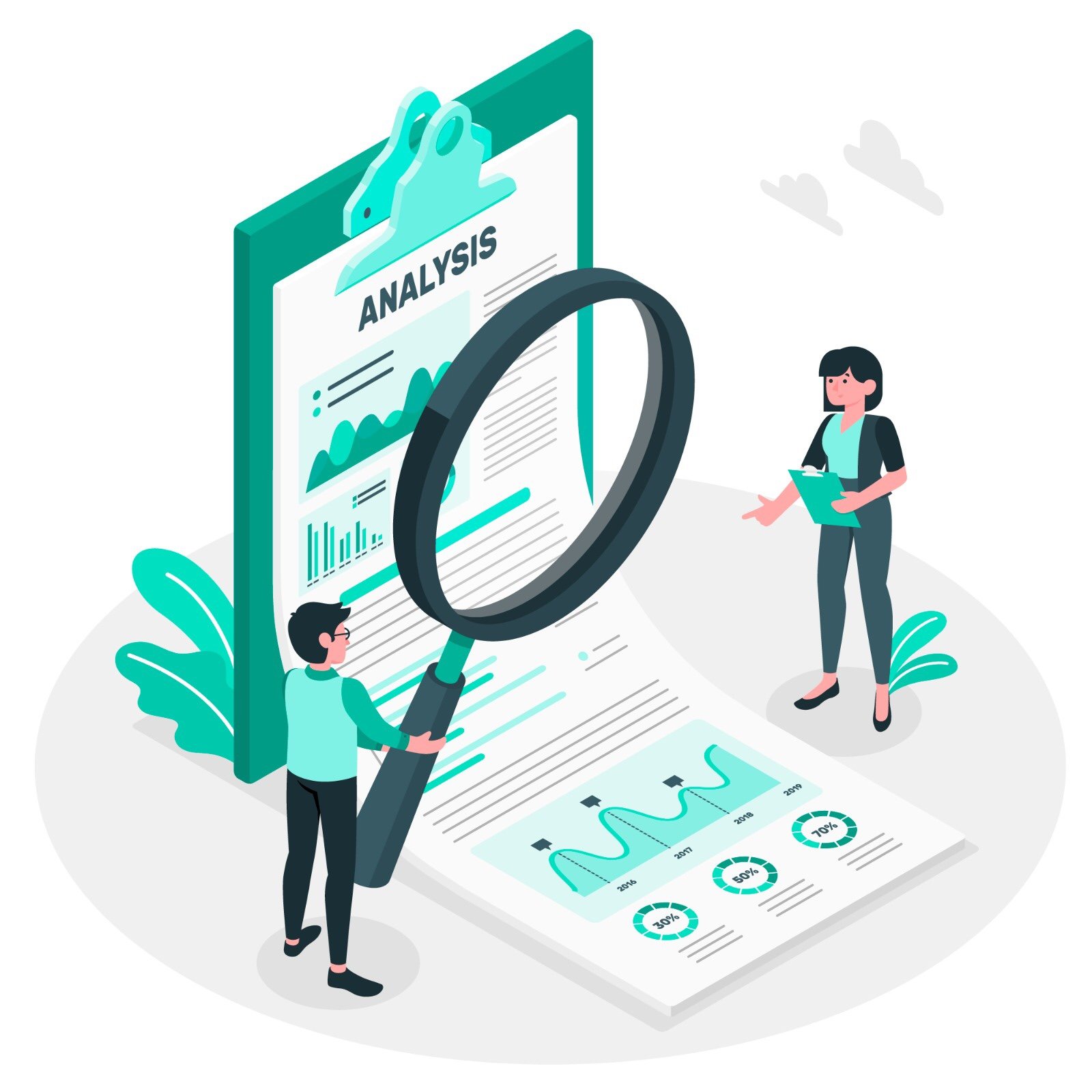Data analytics is becoming the foundation for making smarter business decisions, helping companies thrive in a competitive landscape. As 2025 approaches, embracing data-driven strategies will be crucial for staying ahead of market shifts and consumer trends.
In today’s fast-paced digital world, data is the new oil, powering businesses toward smarter, more effective decision-making. Just as oil revolutionized industries in the past, data analytics is reshaping how companies operate, forecast trends, and tailor their services to ever-changing customer demands. As we march toward 2025, the businesses that harness the full power of data analytics will not only survive but thrive in a competitive marketplace.
The Rise of Data-Driven Decision Making
“Data is the most valuable asset we have today,” said Susan Martin, a data strategist at TechConnect. And she’s not wrong. Gone are the days when intuition or gut feelings drove key decisions. Today, data analytics gives companies the ability to predict future trends, identify risks before they become crises, and create highly personalized customer experiences. By leveraging vast amounts of data—ranging from customer interactions to market conditions—businesses can make decisions grounded in reality rather than speculation.
For example, leading companies like Amazon and Netflix rely on data to predict consumer behavior. Netflix uses data analytics to curate personalized content for its users, resulting in increased customer engagement and retention. In a similar vein, Amazon analyzes purchasing habits to optimize inventory and recommend products to customers, driving sales.
Driving Efficiency and Innovation
Data analytics has also unlocked new levels of operational efficiency. Just as a skilled mechanic fine-tunes a car for maximum performance, businesses today use data to optimize internal processes, cut down on inefficiencies, and boost productivity. By analyzing everything from supply chain data to employee performance metrics, companies are streamlining operations in ways that were once unimaginable.
Moreover, data analytics is fueling innovation. In industries like pharmaceuticals, for example, data is accelerating drug development by helping companies identify which treatments are most likely to succeed. This allows pharmaceutical firms to bring life-saving drugs to market faster and at a lower cost, benefiting both patients and businesses alike.
Personalized Customer Experiences: The New Battlefield
In an era where customer loyalty is hard to earn and even harder to keep, personalization is becoming the ultimate differentiator. “Businesses that fail to personalize their offerings risk becoming irrelevant,” said John Doe, a leading marketing consultant.
Through data analytics, companies can dive deep into customer preferences and behaviors, crafting personalized experiences that resonate. Imagine walking into your favorite coffee shop, and the barista already knows your order. That’s the kind of personalized touch businesses aim to replicate digitally. Brands like Spotify and Netflix have mastered this, using data to offer recommendations tailored to each user’s taste. This not only drives engagement but also builds long-term loyalty.

Data Analytics in 2025: The Future of Business Strategy
As 2025 approaches, the role of data analytics in shaping business strategies will only grow stronger. Here’s how businesses can stay ahead by leveraging this powerful tool:
Strategic Forecasting: Predictive analytics will be key to future business planning. By analyzing historical data, companies can forecast trends, anticipate customer needs, and make proactive decisions. For instance, retail giants like Walmart already use predictive models to manage inventory and anticipate demand, ensuring shelves are stocked when customers need it most.
Customer Segmentation: With an ocean of customer data at their fingertips, businesses can segment audiences with pinpoint accuracy. By grouping customers based on behavior, preferences, and demographics, companies can craft personalized marketing campaigns that speak directly to each group’s unique needs. This targeted approach drives conversion rates and improves overall customer satisfaction.
Risk Management: Businesses that rely on data analytics for risk management can anticipate challenges before they become crises. Whether it’s monitoring financial markets or cybersecurity threats, data-driven insights help companies navigate risks with confidence. In industries like finance, predictive analytics is already being used to prevent fraud and identify vulnerabilities.
Agility in Business Models: The markets of tomorrow will be more volatile than ever. To stay competitive, companies will need to remain agile, adapting to shifting market dynamics in real-time. By continuously monitoring data, businesses can pivot quickly, adjust strategies, and seize emerging opportunities.
Tesla, for instance, uses real-time data from its cars to update software, predict maintenance needs, and even enhance customer experiences, keeping its business model adaptive and forward-thinking.
How Businesses Can Prepare for the Data-Driven Future
To fully unlock the potential of data analytics, businesses must start investing now. Here’s how they can set themselves up for success:
Build Strong Data Infrastructure: The foundation of any data-driven strategy is a robust infrastructure. Investing in cloud computing platforms and data lakes ensures businesses can store, manage, and analyze data efficiently. Platforms like Microsoft Azure and Google Cloud offer scalable solutions for companies of all sizes.
Foster Data Literacy: Data is only as useful as the people interpreting it. Training employees across all levels of the organization to understand and use data is crucial. Companies that invest in data literacy through workshops and training will enable their teams to make informed, data-backed decisions.
Embrace a Data-Driven Culture: Businesses should embed data-driven decision-making into every aspect of their operations. From marketing to product development and customer service, analyzing real-time data will allow companies to remain agile and responsive to changing conditions. Using performance dashboards, for example, can help managers monitor business health and make timely adjustments.
Prioritize Data Privacy and Compliance: As data becomes a critical business asset, protecting customer information will be just as important. Ensuring compliance with data privacy regulations such as GDPR and Africa’s emerging data protection laws will safeguard customer trust and prevent costly legal challenges.
By 2025, data analytics will be more than just a tool—it will be the beating heart of successful business strategies. From personalizing customer experiences to driving innovation, businesses that fully embrace data analytics will not only remain competitive but lead the pack. The road ahead is clear: companies must invest in data infrastructure, develop data literacy, and foster a culture of data-driven decision-making.
As we look toward the future, it’s clear that the businesses that harness the power of data analytics today will shape the market of tomorrow.






You must be logged in to post a comment.